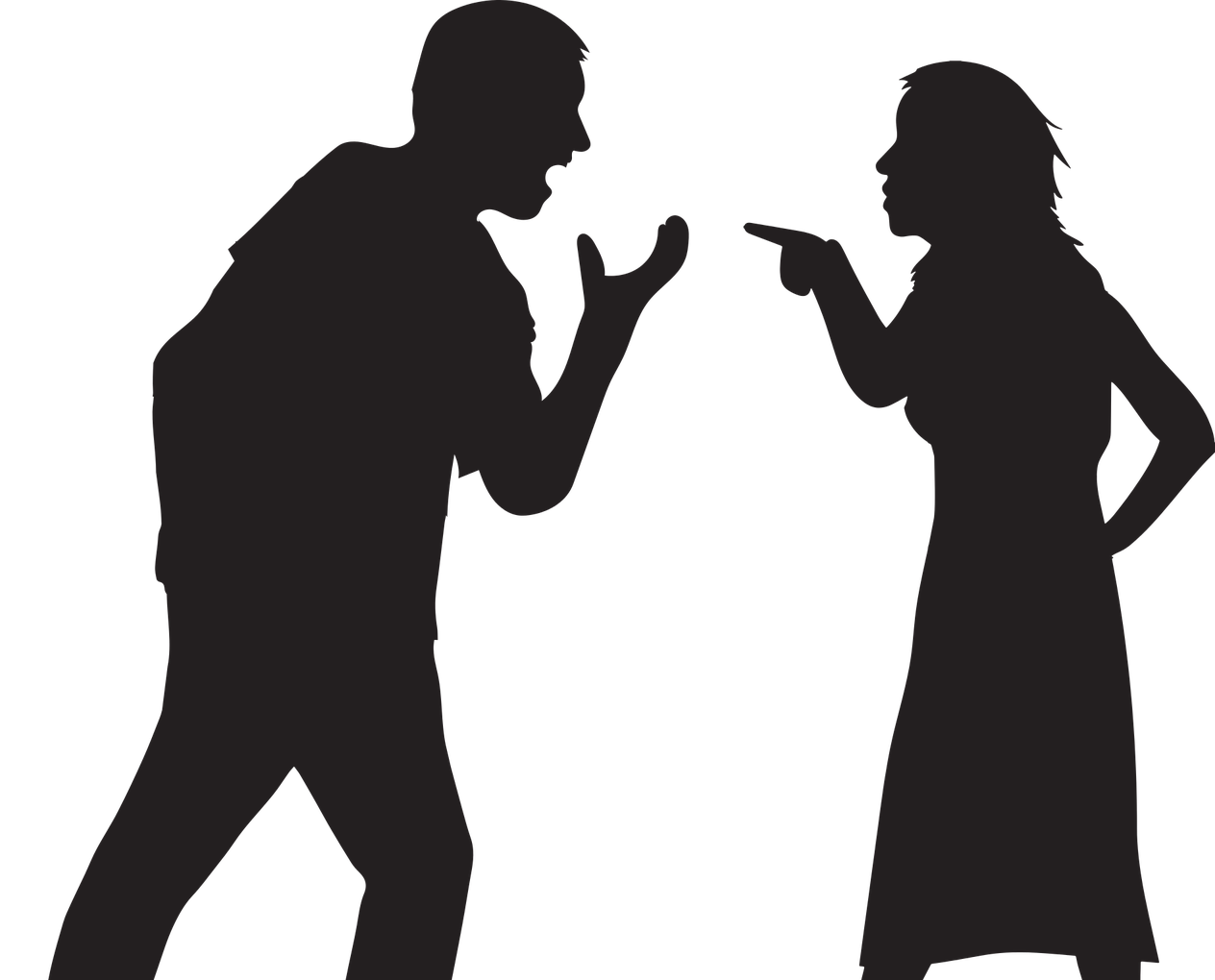6 Signs Of a Toxic Relationship And How To End Them
What Is A Toxic Relationship?
A poisonous relationship steadily erodes your happiness, sense of security, and sometimes even your sense of well-being. Even though arguments arise from time to time in any relationship, a chronic pattern of disrespect, manipulation, and emotional harm can eventually harm your mental and emotional well-being.
Signs Of a Toxic Relationship
Although it can be difficult to recognize toxic relationships, doing so is an essential first step in making wise decisions on the course of your relationship. Your wellbeing must always come first, whether that means setting limits, asking for advice, or thinking about parting ways.
1. Feeling Unsafe Or On Edge.
Feeling secure and emotionally protected is a necessary part of a healthy relationship. It’s obvious that the relationship isn’t giving you the refuge you need if you’re constantly on edge, worry about your partner’s reactions, or worry that you’ll provoke rage.
2. Consistently Disrespectful.
It’s a powerful sign that the relationship is toxic if you experience disrespect on a regular basis, whether it be in the form of cruel remarks, dismissive behaviors, or a flagrant disregard for your boundaries and emotions. A persistent disregard for your needs and wants, as well as acts of public humiliation and private denigration, are examples of disrespect.
3. Unmet Needs.
While no relationship can satisfy every need, a chronic lack of closeness, emotional support, or respect for one another is a clear sign of toxicity. If your physical, psychological, or emotional requirements are not consistently addressed, there may be a deeper problem in the connection.
4. Often Taking Blame.
One spouse in a toxic relationship may always be the one at fault, regardless of the situation. This never-ending blaming can distort your sense of who you are and make you feel accountable for problems that are out of your control. It can be difficult to stand up for your wants and rights if you’re living in a condition of guilt or surrender.
5. Isolated From Family And Friends.
A powerful tool in unhealthy relationships is isolation. It usually starts out slowly, but over time, it can cut you off from your support system and make you more and more hesitant to ask for assistance or end the relationship.
6. Diminished Self-Esteem.
A noticeable decline in self-esteem is a big indicator of a toxic relationship. Your partner’s unfavorable, judgmental, or dismissive actions are probably the cause of your feelings of insignificance, self-doubt, or belief that you don’t deserve better treatment.
How to End Toxic Relationships
1. Recognize The Need For Change.
Realizing the negative effects of a toxic relationship and reaffirming your deserve for better is the first step in putting a stop to it. It can be difficult to come to this realization, especially when strong emotions are involved, but it is essential to preserving your happiness and general well-being.
2. Seek Support.
Make connections with dependable family members, friends, or experts who can offer you the necessary emotional support and direction.
In this “Asking for Help” lesson, learn how to properly ask for the assistance you are entitled to.
3. Set Clear Boundaries.
Tell the other person exactly what your boundaries are when it’s safe to do so. Make it clear which behaviors you will not put up with and what you will do if they continue. Setting limits is essential to taking back control of your life and guaranteeing that you are respected.
4. Create A Safety Plan.
It’s critical to create a safety plan if abuse occurs in your relationship or if you fear for your safety. This could entail making a list of emergency contacts, saving aside money, and finding a safe place to stay. For important support and resources, look for aid from groups that support people in abusive circumstances.
5. Gradual Disengagement.
In some cases, it could be best to gently distance yourself from the poisonous relationship. This approach may be less forceful, giving you more time to mentally and practically acclimate to the change.
6. Direct Conversation.
Closure can be achieved by having an honest discussion about your decision to terminate the relationship, if that is safe and possible. Be deliberate in your approach to this conversation, focusing more on your own needs and feelings than placing blame. Make your decision plain and don’t try to convince or bargain. Instead, be solid in your stance.
7. Cut Off Contact.
Cutting off all communication may be necessary if your safety or wellbeing is in danger. This involves preventing emails, phone numbers, and social media connections in order to protect yourself from additional damage.
8. Seek For Professional Help.
Therapists and counselors can provide priceless advice and techniques for resolving the end of a toxic relationship. They can help you develop healthier relationship practices, increase your sense of self-worth, and give you a safe place to express your feelings.
9. Focus On Self Care.
Leaving a toxic relationship can be a very taxing experience for your emotions. Put self-care first by engaging in activities that improve your wellbeing, such as working out, taking up a hobby, practicing meditation, or spending quality time with loved ones.
10. Reflect And Learn.
After ending a toxic relationship, give yourself some space to think back and learn from the experience. You may avoid repeating the mistakes of the past and cultivate healthier relationships by analyzing what went wrong and seeing the red flags.







